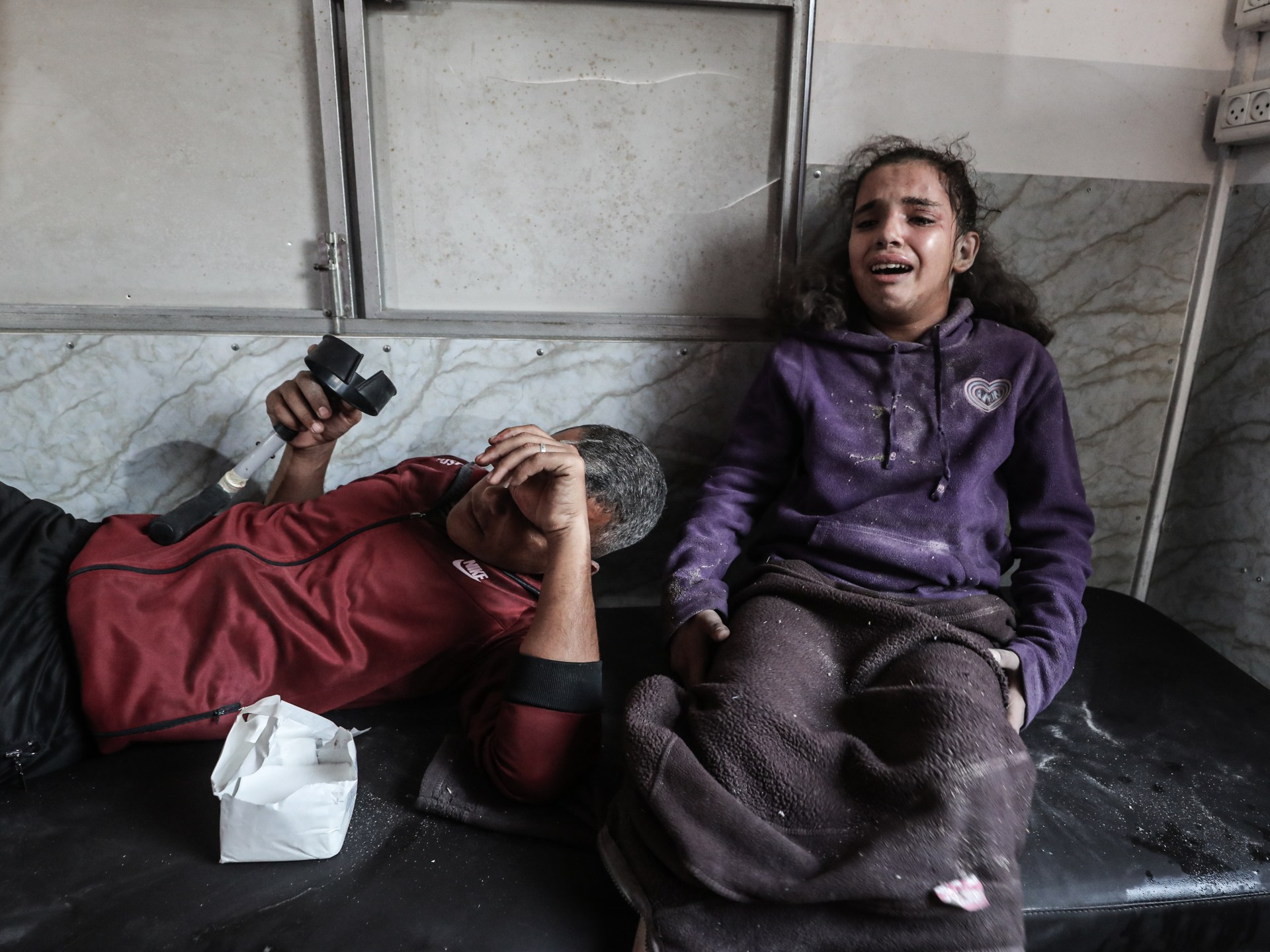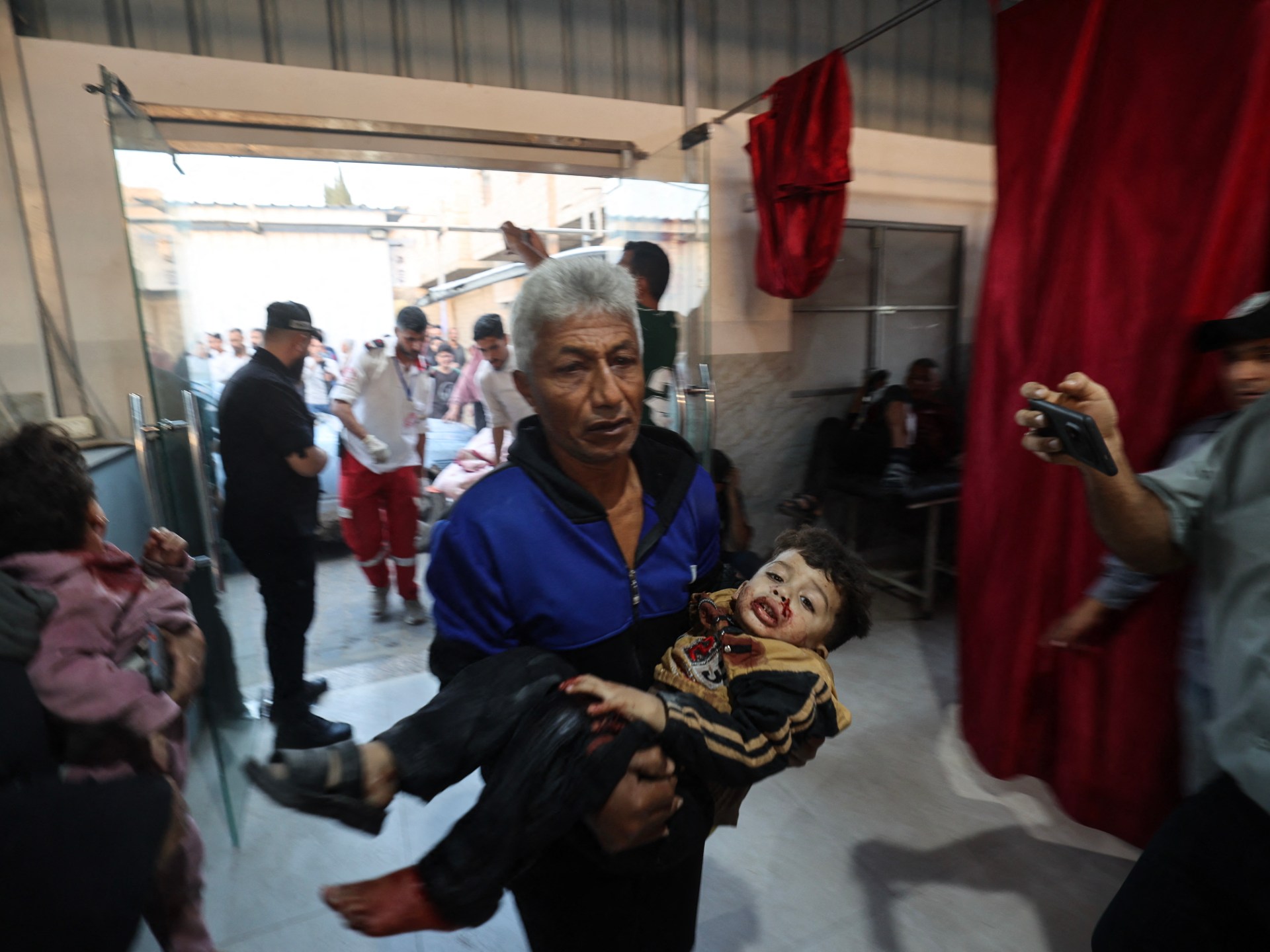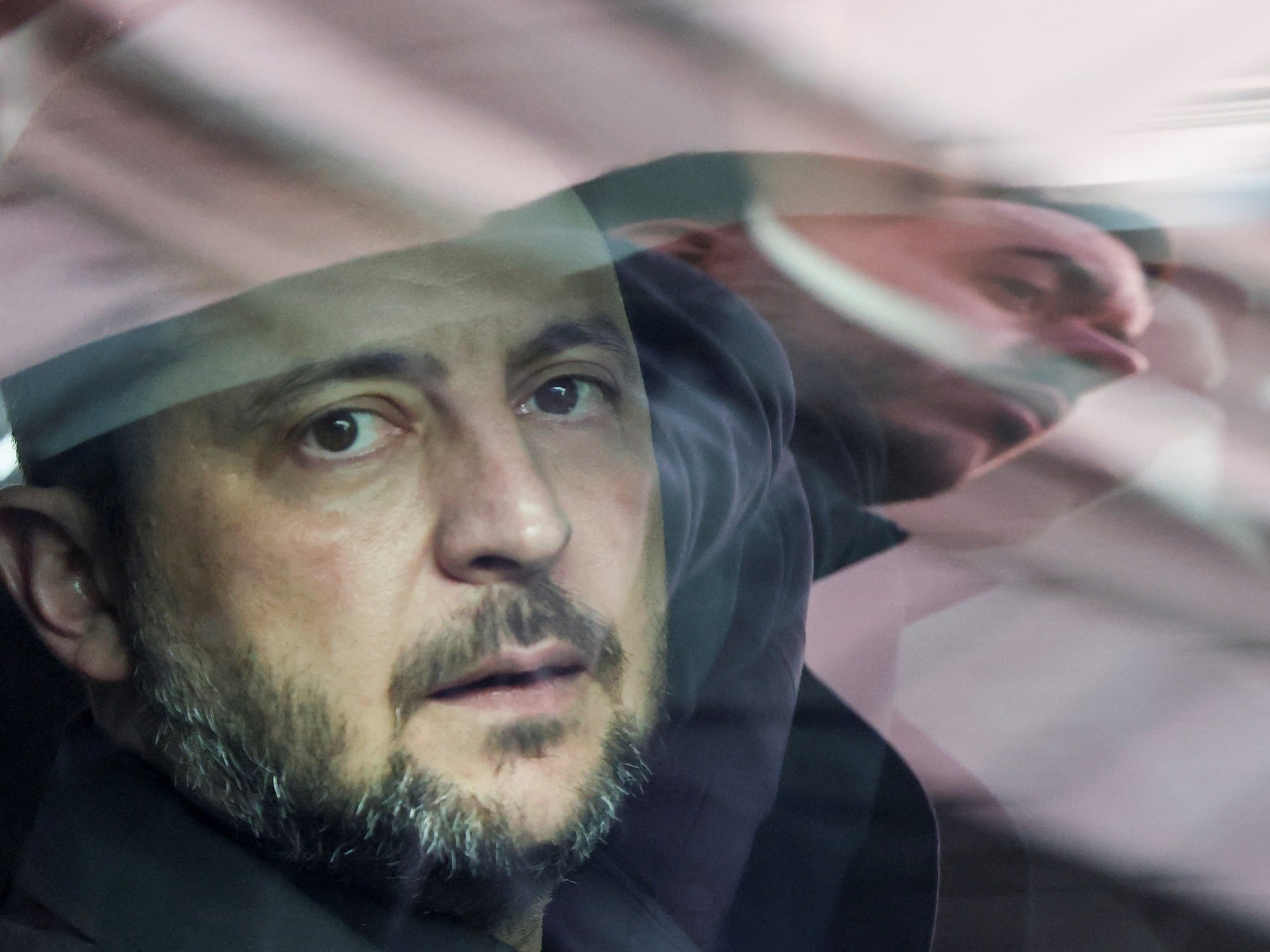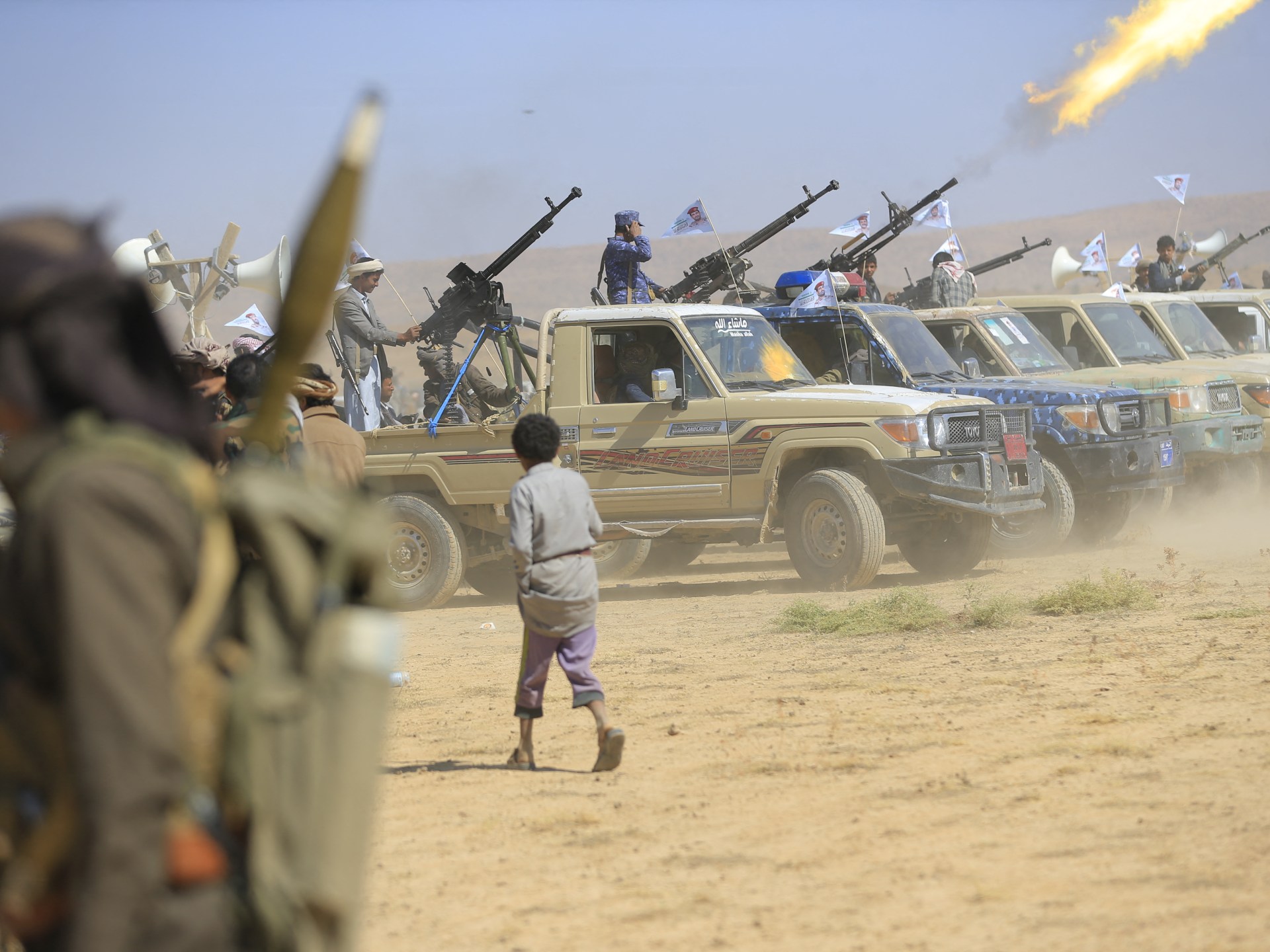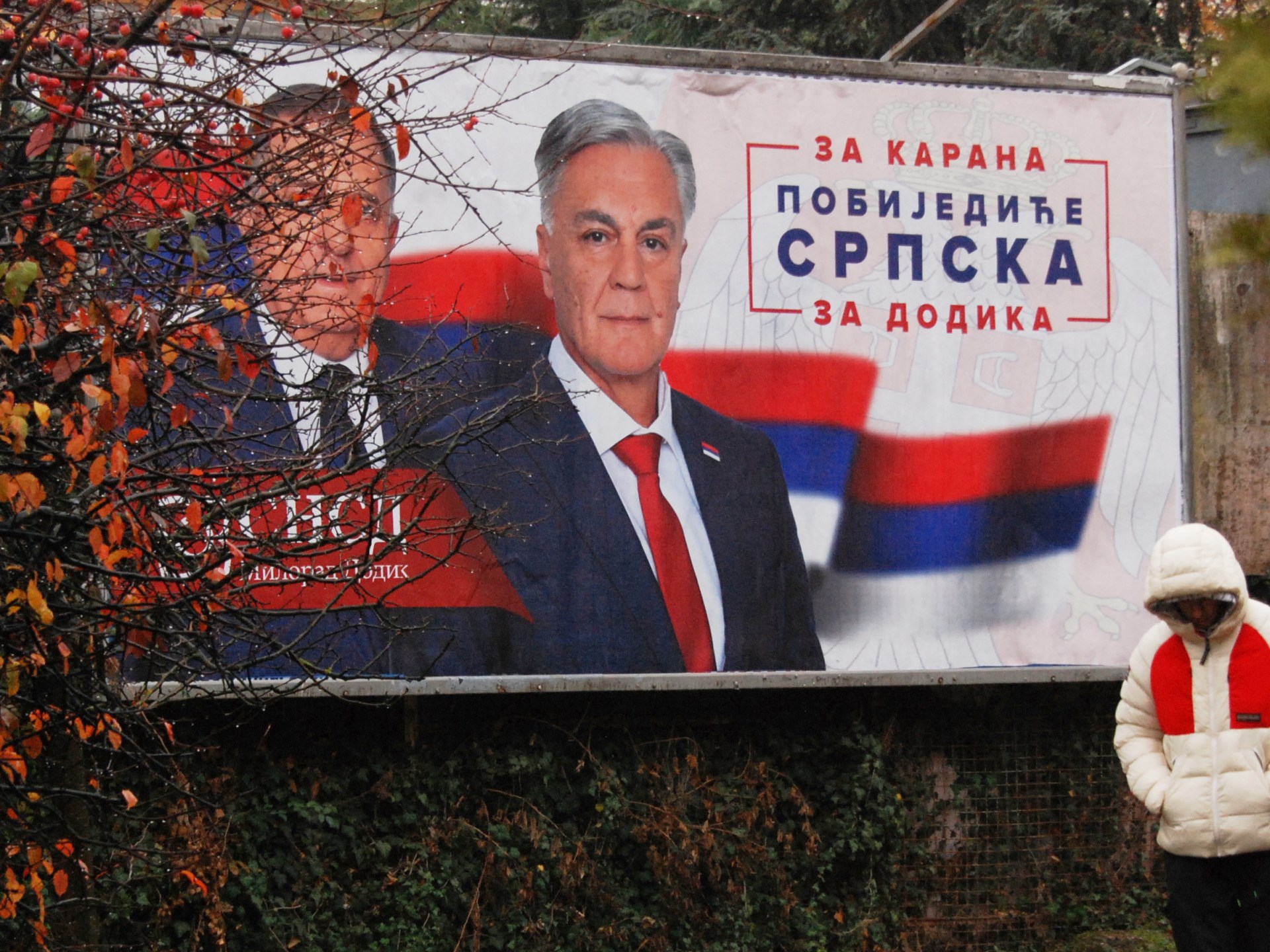Ukrainian anticorruption authorities made the allegations that Volodymyr Zelenskyy’s close associates were involved in a scheme to steal $100 million from Ukraine’s energy sector on November 10th.
The investigation, which is being led by the National Anti-Corruption Bureau of Ukraine (NABU), an organization supported by Western governments, has so far included Zelenskyy’s business partner Tymur Mindich and two government ministers. Andriy Yermak, the president’s chief of staff, may also be at risk, according to Ukrainian and Western media.
Slowly, theatrically, and strategically, the investigation’s method of revealing information and identifying suspects feels like it is conducting a political campaign under the pretext of an anticorruption drive.
Zelenskyy’s reputation abroad and the Ukrainian cause as a whole have been severely damaged by the scandal. The president of Ukraine emerges as a lame duck who will follow what is ordered of him by whoever is tying the knot, which might be Donald Trump’s administration.
Talks between Russia and Ukraine are one area where a significant change has already occurred. The man tasked with leading the negotiations, Deputy Foreign Minister Sergiy Kyslytsya, was named in a story published on November 11 that made it clear that his meeting with Moscow was suspended because it was failing to produce any desired outcomes. Just a week later, Zelenskyy made the announcement that he wanted to resume discussions with Russia.
If we are to believe media leaks, then immediately the idea of an emerging American peace plan that envisages Ukraine buckling down to all the important Russian demands for a ceasefire appeared. Zelenskyy continued to support the US despite a few defiant statements made by Ukrainian officials and made the promise to work with the US. His defiance has been severely hampered by the corruption scandal.
The fact that the Ukrainian president himself is now a clear scapegoat for what is essentially Ukraine’s looming defeat makes the possibility of peace more plausible today.
Indeed, Trump’s earlier this year-led discussions failed primarily because no one wanted to accept responsibility for a result that was so inconvenient from the hopes the war’s cheerleaders had espoused. A military defeat today may bring Kyiv to its own, but it would also be a fatal blow to lobbyists and politicians who promoted the idea that Russia, a major nuclear power, could be forced to accept Western dominance.
Throughout the entire conflict, Western policy toward Russia was underpinned by that illusion. The West was unable to change, which is the main reason Kyiv resisted accepting the outcome of the conflict.
Ukraine’s Western allies have long been at odds with each other with regards to military aid, funding, and sanctions against Russia. Moscow’s army, which is only now much stronger and far more technologically advanced than it was at the start of the conflict, hasn’t been stopped by 19 packages of harsh sanctions against it.
In addition, Ukraine has been having issues with territorial and human losses as a result of drafting. By April, it might have exhausted its Western funding. Even worse, close European allies like Poland and Germany have indicated that they are hesitant to continue providing funding for the large numbers of Ukrainian refugees they are accueilling.
No one wants to be blamed for achieving a much worse settlement than could have been possible had this entire conflict been avoided, despite the fact that Europe’s appetite for more war with Russia is largely over.
Trump, who has long referred to this conflict as “Biden’s war,” accusing his predecessor President Joe Biden of starting it, is not at risk.
Given how invested they have been in the promise that Russia could be defeated on the battlefield, it is much harder for European leaders and Zelenskyy to accept it.
One needs to recall the events of December 2019 when Zelenskyy and Vladimir Putin met in Paris and agreed to end hostilities and freeze the front line over the course of the next year.
Kyiv could only dream about the war ending it if it had ended today. Ukraine would have remained informally a sovereign state throughout the Donbass region, but only a small portion of that region would have experienced Russian-influenced autonomy. The Crimean Peninsula, which Russia occupied and annexed in 2014, would have been lost in Ukraine.
However, Zelenskyy changed the course of events with Biden’s election as president in January 2021 by launching a campaign to press Russia to agree to better conditions for Kyiv.
While his Western allies attempted to compel Germany to stop work on the Nord Stream 2 pipeline, a significant Russian export energy project, he launched a loud campaign for Ukraine’s accession to NATO. Moscow was also challenged by London’s decision to launch a battleship into the waters off Crimea, which Russia views as its own territory. In February 2022, Putin launched an entire invasion of Ukraine following more than a year of risky brinkmanship.
Ukraine finally agreed to a comprehensive ceasefire along the current front lines this year, moving past its legitimate but wildly unrealistic demands for a full withdrawal and reparations. After losing large tracts of territory, a lot of infrastructure, 14,500 civilians, and up to 100 000 military personnel, it did so.
A peace treaty reached under Russian control would be extremely unfair to Ukraine and be contrary to international law. The only thing it has to offer is that the nation is being plunged even deeper into the pheromone tunnel of devastation and collapse.
The expected combination of performative defiance, jingoism, and virtue signaling was found in the draft peace plan. It shows that there isn’t a solid strategy that could improve Ukraine’s standing in the negotiations. Conveniently, however, Zelenskyy’s aided by corruption frees up pro-Ukrainian supporters in the West and releases them from responsibility for the deadly mess they caused.

